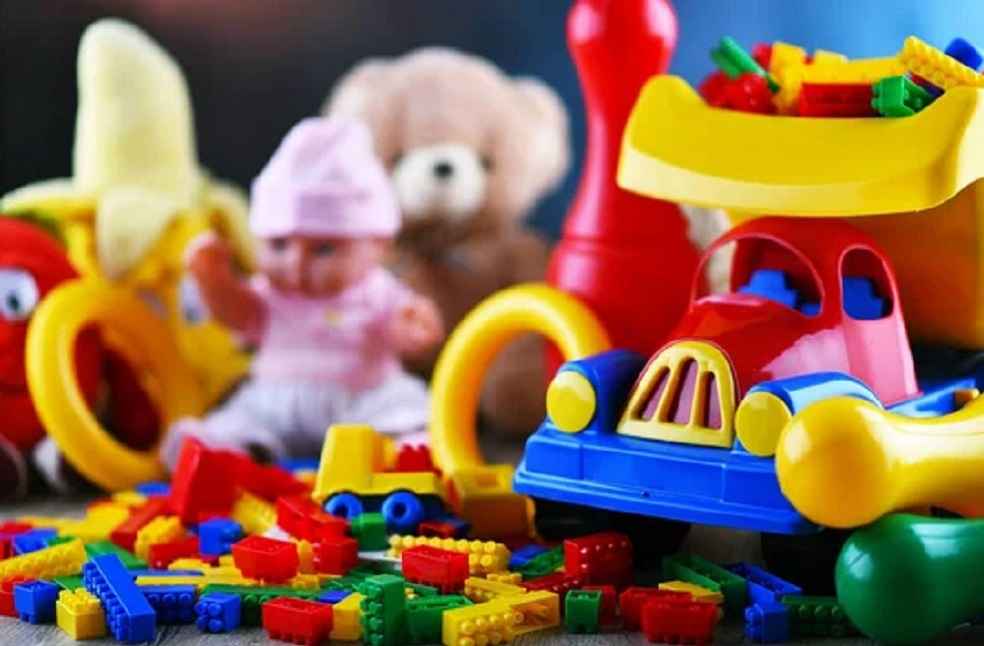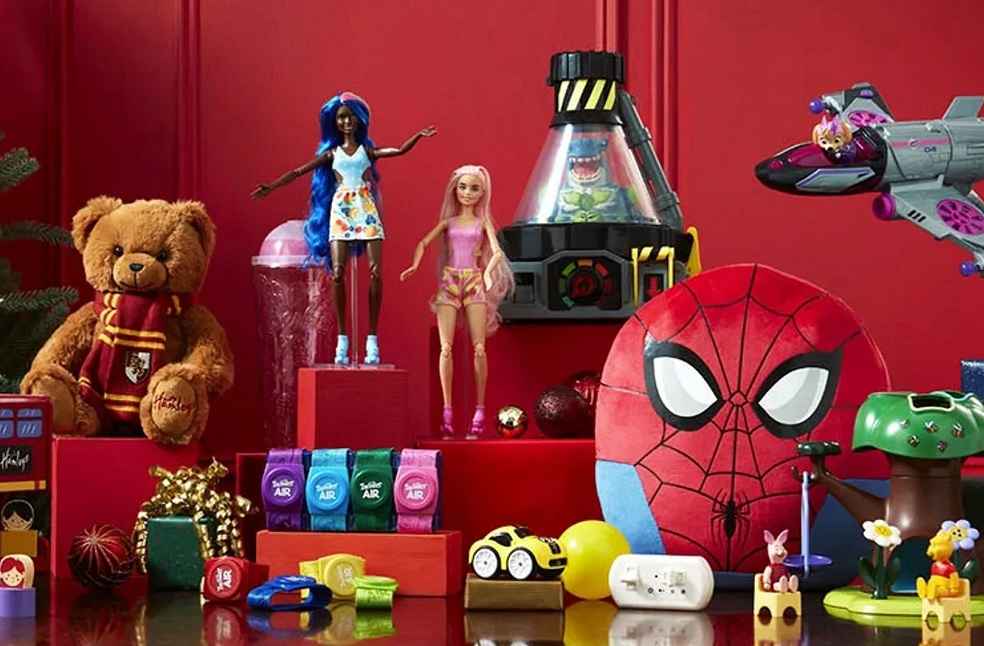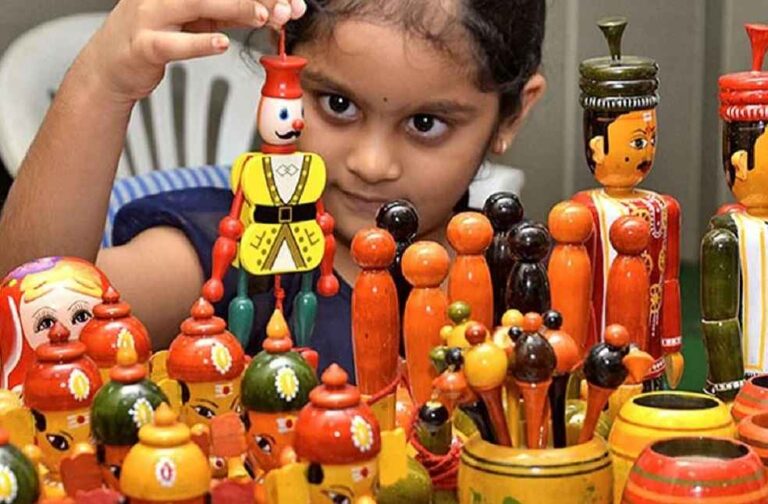India vaults to prominence in toy production, diminishing China’s longstanding supremacy in global toy industry. From FY15 to FY23, India’s toy exports surged by an astonishing 239%, while imports plummeted by 52%, transitioning the nation from a net importer to a distinguished net exporter.
The Indian government’s strategic maneuvers—enforcing mandatory Bureau of Indian Standards (BIS) approval for toy sales, advocating protectionist measures, implementing the China-Plus-One strategy, and escalating basic customs duty to 70%—have catalyzed this industry’s expansion. These initiatives curtailed the dependency on Chinese imports, which once accounted for 80% of India’s toy market, positioning India as an alluring hub for global toy manufacturing giants.

Internationally acclaimed brands such as Hasbro, Mattel, Spin Master, and Early Learning Centre increasingly rely on Indian sourcing, witnessing a transition of major manufacturers like Dream Plast, Microplast, and Incas from China to India. This pivot underscores India’s burgeoning stature as a competitive and trustworthy global toy production powerhouse.
R Jeswant, CEO of Chennai’s Funskool, which collaborates with international behemoths including Hasbro and Mattel, elucidates the stark transformation in sourcing patterns over the last decade. With approximately 60% of Funskool’s production aimed at international markets across 33 countries, Jeswant anticipates further market penetration, spurred by favorable government policies.
India’s rigorous regulatory framework, highlighted by the 2021 prohibition against the sale of non-BIS-certified toys and successive hikes in customs duties, underscores a commitment to domestic production enhancement and adherence to stringent safety and quality norms. Despite these rigorous standards, there’s an industry-wide plea, particularly from the Toy Association of India (TAI), for a relaxation of BIS regulations to better integrate micro, small, and medium enterprises into the industry.

Projected to expand from a $1.7 billion valuation in 2023 to $4.4 billion by 2032, India’s toy industry is on a rapid ascent, fueled by a supportive policy ecosystem, an emerging startup culture, and regions like Gujarat evolving into manufacturing strongholds.
India’s rise as a key player in toy manufacturing marks a pivotal realignment in global trade dynamics, presenting a viable alternative to Chinese manufacturing dependence. With unwavering policy support and industry ingenuity, India is poised to redefine its global market stance, delivering a diverse and competitive array of products to an international consumer base.
LATEST NEWS | Malaysia-EU FTA Talks Ignite: Anwar’s Vision for Asia’s Gateway, Elevates Ties



